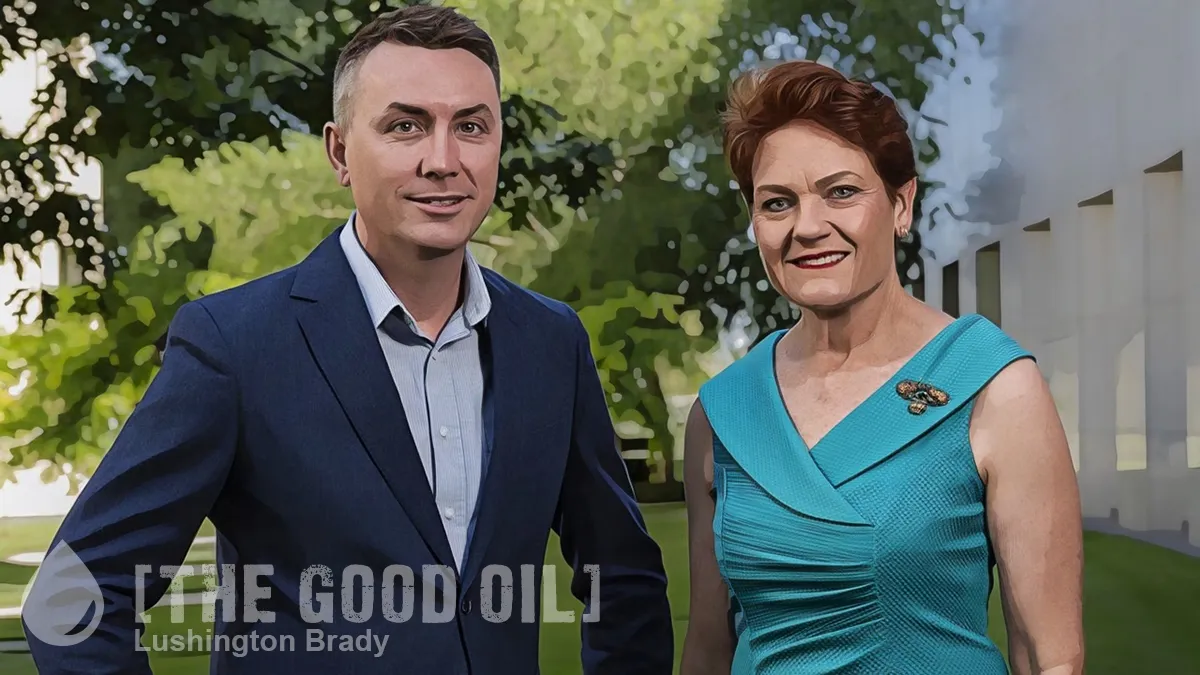Table of Contents
The legacy media may have clutched their pearls and shrieked when Donald Trump called them “the enemy of the people”, but a great many of the people agreed with him.
And why wouldn’t they? Time and again, especially in recent years, the media have taken the side of the powerful, wealthy elites (in other words, the media’s fellow class) against the people. From sneering at half the United States population as “deplorables”, to peddling an endless litany of lies and propaganda during the Covid pandemic, the legacy media, far from “speaking truth to power”, have assiduously traded in lies for power.
Nowhere was this more apparent than in New Zealand, where the legacy media greedily trousered the Ardern government’s money, both through the PIJF and through vastly increased government advertising, while brazenly trumpeting its propaganda.
The “curated media” as Barack Obama so obsequiously dubbed them, have so grievously failed the public that the wonder is not that trust in the media has plummeted, but that it exists at all.
So, demanding Constitutional protection for the media as a privileged class is hardly going to drum up rousing public support.
An Australian journalist who spent 400 days imprisoned in an Egyptian jail on terrorism charges is calling for media freedom to be enshrined in Australia’s constitution, but concedes it is unlikely to ever eventuate.
Peter Greste said despite the merits of his proposal, the result of the weekend’s referendum and the way people see journalists, “it would be easier to get them to vote for cane toads”.
At least he’s a realist. A little bit, anyway. Because, apparently he can’t bring himself to admit that “the way people see journalists” is entirely journalists’ fault.
But it’s not completely true that people hate journalists: only mainstream media journalists. Countless times, especially covering stories during the pandemic, it was notable just how differently people see mainstream and independent media. The most common question, approaching people at public events, is, “Are you independent?” Upon confirmation, hostility and suspicion evaporate.
Meanwhile, mainstream journalists are jeered at and even have objects thrown at them.
Put simply, people hate the mainstream media, because they feel betrayed by an elite, out-of-touch class of lying snobs.
They’re not about to start cheering on rights for the media that are denied ordinary citizens.
Mr Greste, a foreign correspondent turned press freedom champion, used an address to the National Press Club to call for a Media Freedom Act and stronger protections for whistleblowers, as two prominent cases near trial […]
Mr Greste said the Media Freedom Act would include compelling the federal parliament to consider media freedom when passing new legislation.
ABC Australia
In other words, a rinse and repeat of the “Indigenous Voice to Parliament”, but for the media.
He’s got to be kidding.
Australians, by and large, like Aboriginal Australians, and want to see them succeed in mainstream society. They rejected the “Voice” precisely because it would have established different classes of citizens. The very concept was anathema to Australian notions of egalitarianism.
Suffice to say that Australians very much do not like mainstream media journalists. Demanding special privileges for a class which has repeatedly lied and insulted ordinary Australians has about as much chance of succeeding as asking Australians to drink American beer.
If the mainstream media really want to win some modicum of public trust back, they might start by campaigning for, not special privileges for their already-privileged class, but freedom of speech for all Australians.
But the media, bootlicking snobs that they are, don’t think we plebs deserve free speech. After all, we’ll only use it to peddle “misinformation”.
Which, coming from the media elite, is pretty bloody rich.








